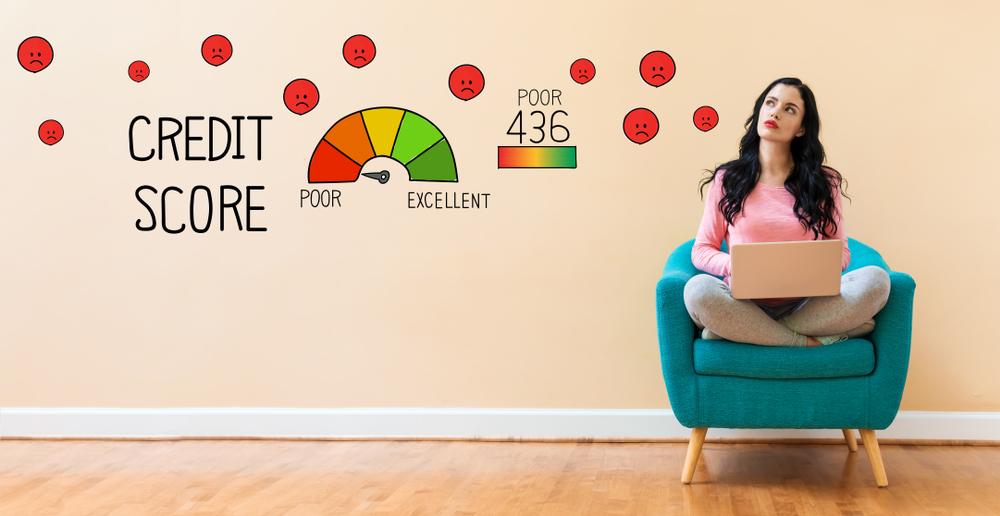How is your Credit Score Calculated?

Have you ever wondered what the financial institution relies on when granting or rejecting a loan? Generally, these entities use credit scoring systems to determine if you are a good candidate for credit. In this article, we will learn what a credit score is and how it is calculated.
The factors that influence your credit score vary slightly depending on what company you ask. Each of the three major credit bureaus — Equifax, Experian, and TransUnion — calculates its score based on a unique algorithm.
What is the credit score?
The credit score is an automatic system that recommends the approval or not of a financing operation based on given information. It is a method used more and more frequently among financial institutions to measure the risk of granting loans. Each determining factor is given a rating that reflects and dictates how much it affects your credit score.
What factors determine the credit score?
The credit scores are generally based on the following factors to give your score:
- Payment history: It refers to whether an individual pays their credit accounts on time or not. The shorter the time payments are made, the higher the score is obtained in this parameter. It is the factor that contributes the most to the FICO score.
- Accounts owed: It refers to the general amount of money that a person owes. Consider the ratio of money owed to the total available credit.
- Length of credit history: The longer the credit history, the higher the score for this factor. The length of time the oldest account has been open, the age of the most recent account, and the overall average are taken into account.
- New credit accounts: Refers to recently opened accounts. If the borrower has opened many credit accounts in a short period of time, it could become a high risk for the lenders.
- Credit mix: It refers to the number and variety of credit accounts that the person has. To get high credit scores, you need to have a solid mix of accounts, credit cards, debit cards, etc.
Your payment history also includes information on bankruptcies, foreclosures, income garnishments, and accounts reported to collection agencies.
In general, credit scoring algorithms will consider all of this information, which is why the payment history component may have a significant impact on some credit ratings. Credit that has been used versus credit that is accessible.
Credit score calculations may also take into account the various types of credit accounts you have, such as revolving debt (such as credit cards) and installment loans (such as mortgages, home equity loans, auto loans, student loans, and personal loans).